Sigh. Usually, the most tricky topic for me to discuss regarding Nigeria’s nationhood is religion and ethnicity. Difficult to discuss not because I’m afraid of being verbally molested and splashed with mud, but because emotive issues hardly lend themselves to reason. Ethno-religious matters are so emotionally charged that reason is always the first casualty. When emotions trump reason, we can never reach a consensus on finding lasting solutions. Yet it is solutions, not emotions, that we need in these trying times. We badly need peace. You will say there cannot be peace without justice — and I will add that there cannot be justice without reason.
Whenever I read reports and comments on the southern Kaduna crisis, the first question I ask myself is: so what exactly is responsible for the latest round of killings? I am yet unable to put my finger on the justification for the carnage. I may here recall historical tensions between the Christian and Muslim communities in northern Nigeria. I may allow myself to speculate that these historical tensions habitually reach a tipping point with the slightest hint of friction. I am thus induced to think that the Kaduna carnage resulted more from age-long deep-seated mutual hate and animosity rather than recent events. It takes only a little spark to start another explosion.
To understand the context, I cannot doubt that the issue of framing is at play in the Kaduna crisis. It has been successfully framed in the media (not by the media) as a religious war. This is understandable. Southern Kaduna is predominantly Christian and the Fulani herders are Muslims. It is somewhat expected to be cast as Christians vs Muslims rather than Kaura, Sanga et al vs Fulani herders. This is the same way the Berom vs Fulani in Jos north was cast as Christians vs Muslims. It just so happens that people in the same local grouping are not unlikely to be of the same religion. Ethno-religious framing is thus inevitable, even if the core issues have nothing to do with religion.
Indeed, in northern Nigeria, primary identities are constructed around religion. You are first a Muslim or a Christian before you are a northerner. Whenever there is a clash, therefore, the issue at hand does not really matter — Christians (including those from southern Nigeria) will automatically queue up behind Christians and Muslims behind Muslims. Compare and contrast with the south where conflicts are not framed around religion, insofar as religion is not the actual cause. If southern communities fight over economic issues, such as land and water resources, it is automatically treated with the template of communal clash.
Advertisement
In Ebonyi state, Ezza and Ezillo communities in Ishielu local government clash quite often over land. On a single day, December 31, 2011 to be specific, 66 persons were killed, including pregnant women, men and children. It was a communal clash since they are all Igbo Christians. Recently, 40 persons were killed in a communal clash between Ntan Obu-Ukpe in Cross River state and Ikpanya in Akwa Ibom state. Also recently, 10 persons died in a communal clash between Usumutong and Ediba in Cross River. But 800 people were killed in a religious war between southern Kaduna villages and Fulani herders. Religion catches more national attention, in any case.
Down south, identities are, in the main, constructed around ethnicity but rarely religion. You are first a Yoruba, Igbo, etc before you are a southerner. When Mr. Babatunde Fashola, as governor of Lagos state, “deported” homeless Igbo to Onitsha in 2012, it was framed as Yoruba vs Igbo. It was not treated as a case of Muslims vs Christians even though Fashola is a Muslim and the “deported” Igbo are Christians. (Let me quickly digress: northerners will complain about the number of federal appointments based on the number of northern Muslims on the list — whereas southerners will first look at the number of Igbo, Yoruba, etc, before other criteria.)
If Malam Nasir el-Rufai, governor of Kaduna state, were to “deport” homeless Berom to Plateau state, it has to be Muslim vs Christian since el-Rufai is a Muslim and the Berom are Christians. Contrast with Mr. Simon Lalong, governor of Plateau state, “deporting” homeless Tiv to Benue state. Since Lalong is a Christian and the Tiv are mostly Christian, the “deportation” will be framed differently. That is why even though bandits (most likely the same people operating in southern Kaduna) have for long been terrorising Zamfara communities, killing over 300 in the last one year, it is not framed as a religious war but banditry. After all, it is Muslims killing Muslims.
Advertisement
We may, at this point, return to the southern Kaduna carnage. What is basically a case of criminality has taken the colour of a religious war. Not unexpectedly, our religious fault line is being magnified one more time by agents of war. Identity, twinned with political preferences and limited economic opportunities, are not only mobilisable but highly combustible. Predictably, Christians are queuing up behind Christians and Muslims behind Muslims. The real issues of criminality and insecurity — which bedevil all Nigerians irrespective of tribe and tongue, region and religion — are hardly discussed. Most reactions start and stop with religion.
I must think that in all our outpour of emotions, we need to address the root causes of this carnage. I have not set out to deny that there is a religious content to the crisis in Kaduna. Instead, I have sought to prove the source of the tensions, suggesting that religion is latent rather than pertinent. It gets even worse when political leaders and security agencies are thought to be looking the other way while these killings are being perpetrated. I am compelled to that I have not set out to further inflame passions. I am unable to compete, in this regard, with the clerics who are spitting fire and threatening brimstone rather than playing the role of the blessed peacemakers.
In these challenging times, what would Jesus do? What would Jesus preach? What would Jesus advocate? An eye for an eye? I understand the frustrations and the disappointment with government handling of the carnage, but under no circumstance must we advocate more violence as the solution. Our energies, I propose, should focus on how to end the bloodbath. We should seek to be problem solvers, not problem multipliers. We should demand that the government live up to its responsibility. Truth be told: in southern Kaduna, Nigeria failed its citizens. This led to reprisal and self-defence. When the state fails in its duty, anarchy is the consequence.
The primary reason there is a government is to prevent anarchy. The state exists principally for the purpose of security, law and order. Monetary policies and siren-propelled convoys are secondary. Every local government in Nigeria has at least one security attaché from the Department of State Services (DSS). The job of the attaché is to gather intelligence. Where were these security attachés before the Kaduna killings erupted? What intelligence did they gather? What reports did they file? When tension started building up, did they report it? If they did, what action did the authorities take? Do people pile up arms and start killing one another within one hour?
Advertisement
It would seem to me that the DSS and police are more interested in the politics of Rivers and Ekiti states than the security of lives and property of Nigerians. The energies they have devoted to playing politics could have been better utilised protecting the lives of defenceless Nigerians. I repeat: the Nigerian state has woefully failed its citizens. The blood of the people killed in southern Kaduna — whether Christians or Muslims — will continue to haunt the Nigerian authorities who failed to protect them in their hour of need. In civilised societies, heads of security agencies would have resigned by now for their ineptitude. But, remember, we’re discussing Nigeria here. Sigh.
AND FOUR OTHER THINGS…
DEATH WISH
Why do some people wish President Muhammadu Buhari dead? Who are the people pushing the tasteless rumour that he is dead? Who are the jokers behind the rumour that northern governors met with former military leaders, Generals Ibrahim Babangida and Abdulsalami Abubakar (when both men were, in fact, out of the country) and took a decision to force Vice-President Yemi Osinbajo to resign and allow Senate President Bukola Saraki to take over? What do people benefit from concocting these senseless rumours? To create tension in the land? To further poison a polarised polity? To set Nigeria on fire? Insanity.
BIG BOTHER
Advertisement
Why is Big Brother Naija being shot in South Africa? I don’t know. I won’t be surprised if the organisers calculated the cost of diesel (N260 per litre) before opting to take a rational decision. The federal government is so bothered it has ordered the National Broadcasting Commission (NBC) to investigate the affront. Next step: federal government will order the ministry of health to investigate why President Muhammadu Buhari went to the UK for medical check-up rather than use the Aso Rock clinic or National Hospital, and then order the ministry of tourism to investigate why the president is having his vacation in London rather than in Obudu or Yankari. Contradictions.
INDIGENES VS SETTLERS
Advertisement
Northern governors met in Kaduna last week and lamented the national shame called indigene/settler dichotomy. They declared: “Every Nigerian could conveniently settle in any part of the country without suffering any form of discrimination.” Good. Great. The governors should then use their good offices to effect a constitutional change. At a point in American history, George W Bush was governor of Texas and his brother, Jebb, was governor of Florida. Both were born by the same parents. Why then do Nigerian politicians admire and talk about America so much and then fail to emulate the best practices from their systems? Convenience.
GENIUS TRUMP
Advertisement
US President Donald Trump seems determined to fulfil his campaign promise of building a wall to check Mexican migrants. He also curiously said Mexico would pay for the wall, which will cost an estimated $25 billion. Mexico says it will not pay, so Trump has come up with an ingenious idea: he will impose a 20% duty on Mexican imports to pay for the wall. In practical terms, a car import from Mexico that would normally sell for $100,000 would go up to $120,000, and the $20,000 “gain” would go into building the wall. Who will pay the difference in price? American consumers. Who then is actually paying for the wall? Brilliant.
Advertisement
1 comments

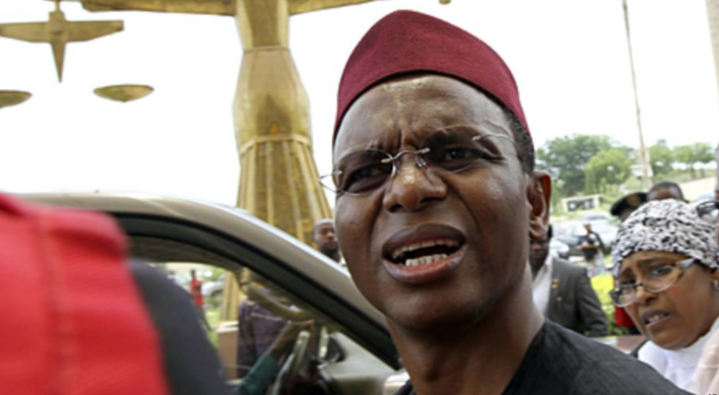
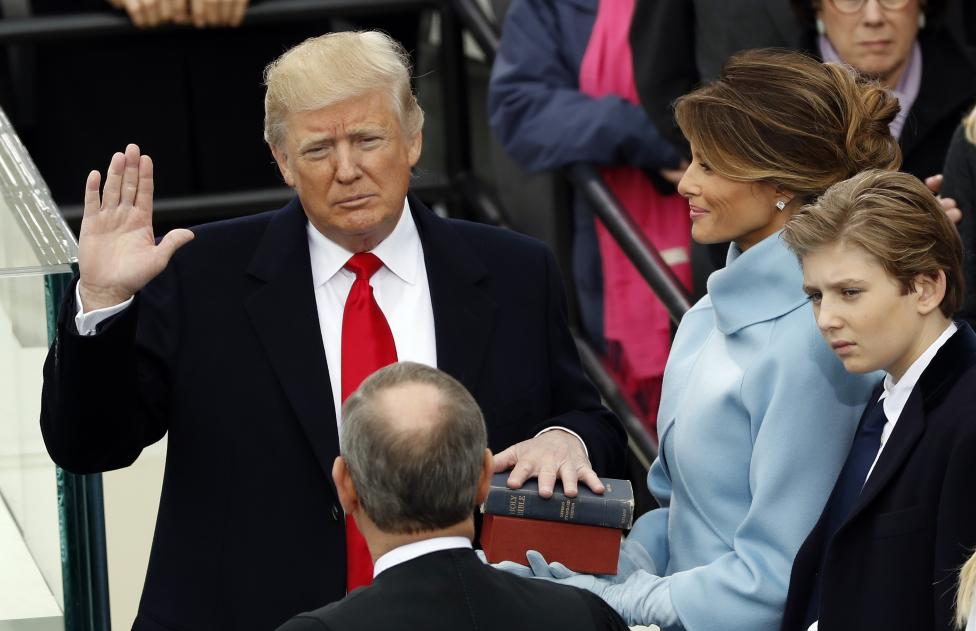


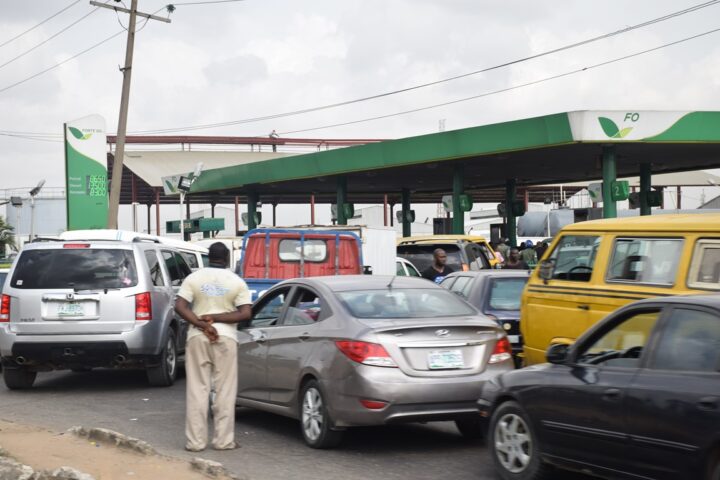
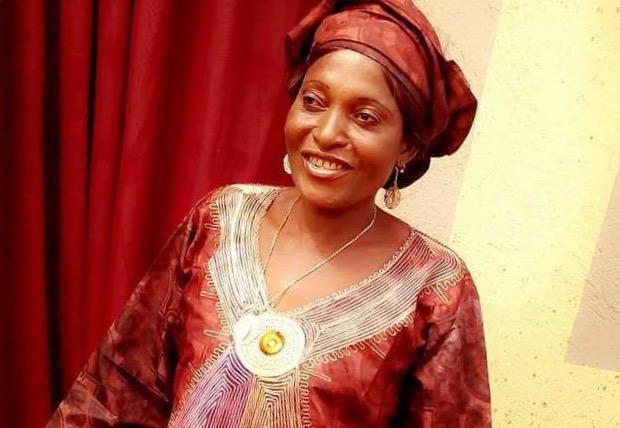
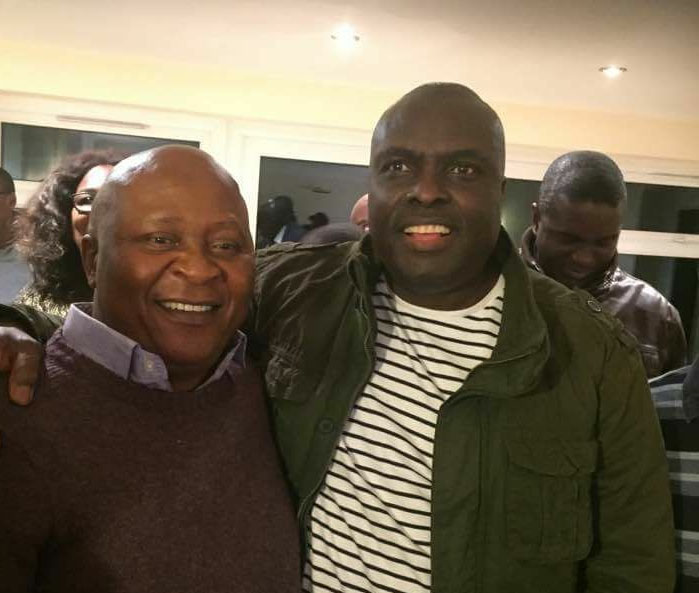
The northern elite have not been fair in their dealings with other Nigerians, and they play the ostrich with problems that could consume the country. Is it not time to modernize how cattle is reared. Is cattle rearing not a private initiative, why should be some people be derived to make others Happy, do you believe when the northern govs say the attackers come from other countries to kill Nigerians, yet nothing is done are we not all witnesses when El rufai revealed he paid Fulani herdsmen to stop killing, when he should be ordering their arrests and prosecution. The security agencies are a shame cos they seem to choose issues on which to be active and interested, while matters like the herdsmen they watch the body language of those in power before they act. Buhari our president has not acted presidential in this matter, he has refused to speak on the issue and acts as if it does not concern him. It’s only now that communities are threatening reprisals that the northern govs are putting on cosmetic airs.